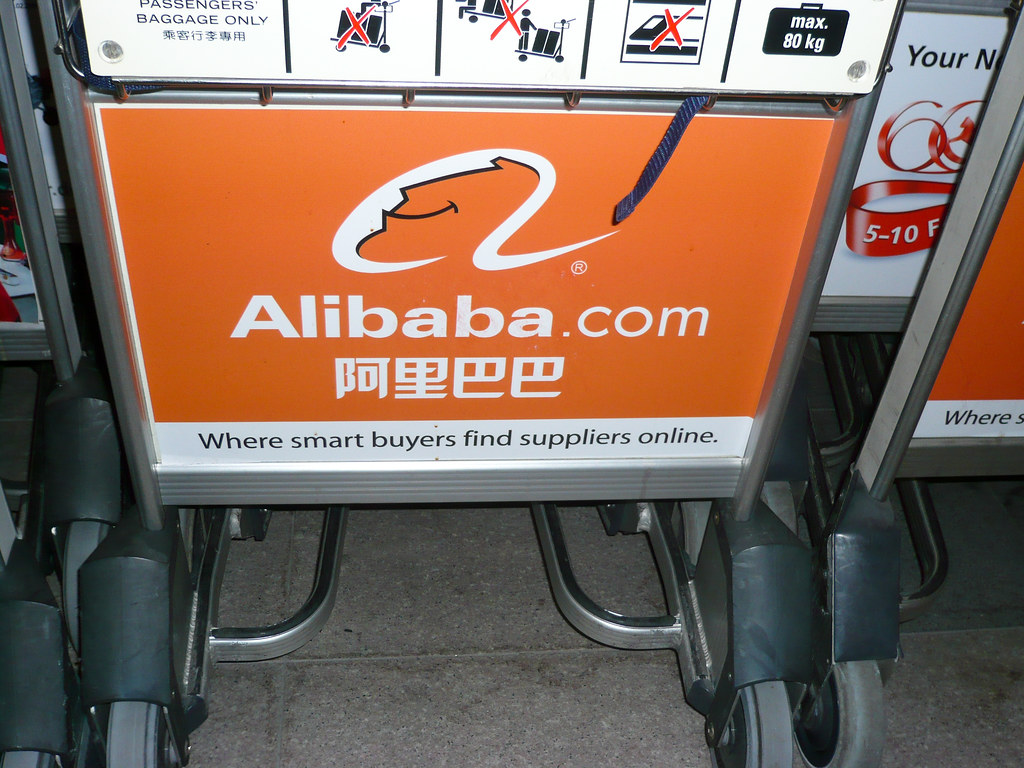In the ever-expanding world of e-commerce, Alibaba has emerged as a dominant force in China. However, it is essential to recognize that no company operates in isolation, especially in a market as dynamic as China.
In this article, we will delve into the rise of Alibaba, explore its key competitors, and examine how niche players and global giants are challenging its dominance. Whether you’re an investor or simply interested in the world of e-commerce, this article will provide you with valuable insights into the competitive landscape in China.
The Rise of Alibaba in China
Alibaba Group Holding Limited, founded by Jack Ma in 1999, has grown into one of the world’s largest e-commerce conglomerates. Starting as a B2B online marketplace, Alibaba expanded to include platforms like Taobao and Tmall for B2C and C2C transactions.
With over 1.4 billion people and a growing number of internet users, China’s e-commerce market offers immense opportunities. Online shopping has become an integral part of Chinese consumers’ lives due to improved internet infrastructure and logistics.
Alibaba’s success is attributed to its diverse platforms, commitment to quality control, innovation, and customer satisfaction. By revolutionizing the industry, Alibaba has become a catalyst for economic growth and digital transformation in China.
Key Competitors in the Chinese E-Commerce Market
In addition to Alibaba, several key competitors are vying for dominance in the Chinese e-commerce market.
JD.com operates as a direct retailer, owning and managing its inventory. This allows for strict quality control and reliable delivery services. While Alibaba focuses on third-party sellers, JD.com offers genuine products directly to consumers. However, JD.com’s product variety is limited compared to Alibaba, and it primarily serves urban centers.
Pinduoduo has disrupted the market with its group-buying concept, appealing to price-conscious consumers in rural areas. By leveraging social networks, users can team up to unlock discounted prices for products. Pinduoduo has carved out a niche by focusing on affordability and community-driven shopping experiences.
Meituan-Dianping is an all-in-one platform that offers food delivery, hotel bookings, movie ticket reservations, and more. It poses a significant threat to Alibaba’s dominance in the food delivery and local services market with its extensive offerings and established user base.
These competitors bring unique strengths and strategies to the table, ensuring a dynamic and highly competitive e-commerce landscape in China.
Niche Players and Specialized Competitors
In addition to the major players, the Chinese e-commerce market has also seen the rise of several niche players and specialized competitors. These companies have found their footing by offering unique approaches and targeting specific consumer segments.
One such niche player is Vipshop, which has positioned itself as a fashionable alternative to traditional retail outlets. Vipshop stands out by employing a flash sales model that offers limited-time discounts on branded fashion items.
By creating a sense of urgency and exclusivity, Vipshop appeals to consumers who are passionate about fashion but seek better deals than what traditional retailers can offer. With its curated selection of high-quality discounted products, Vipshop has successfully carved out a niche for itself alongside industry giant Alibaba.
Another notable competitor is Suning.com, an offline-online hybrid retailer that combines the convenience of online shopping with the trust and immediacy of physical stores. Suning.com’s extensive network of brick-and-mortar locations allows customers to browse products before making purchases online or vice versa.
This integration of online and offline channels gives customers multiple touchpoints for purchasing, enhancing their shopping experience. In particular, Suning.com poses a threat to Alibaba’s dominance in electronics retail with its strong presence in this market segment.
To summarize, while Alibaba Group Holding takes center stage in the Chinese e-commerce market, niche players like Vipshop and specialized competitors like Suning.com have managed to establish themselves by offering innovative models and catering to specific consumer needs.
These players bring diversity and healthy competition to the market, ensuring that consumers have more options when it comes to finding fashionable products at affordable prices or enjoying an integrated offline-online shopping experience.
Global Giants Expanding into China
The entry of global giants into the Chinese market has been a significant trend in recent years. Among them, Amazon faced tough competition from established local players like Alibaba and JD.com. Despite high ambitions, Amazon struggled to gain traction and eventually scaled back its operations in China.
Adapting to the unique consumer landscape and understanding local preferences proved challenging, highlighting the importance of tailoring strategies to succeed in this fiercely competitive market.
Expanding into China requires a deep understanding of the culture, strong supplier relationships, and products that cater specifically to Chinese consumers’ needs. This cautionary tale emphasizes the complexities of operating in China’s dynamic market and the need for adaptation and localization to thrive.
Evolving Competitive Landscape in China
The e-commerce market in China is constantly evolving, leading to a highly competitive landscape. While Alibaba remains dominant, it faces strong competition from players like JD.com, Pinduoduo, Meituan-Dianping, Vipshop, and Suning.com. These companies bring unique strengths and strategies that challenge Alibaba’s position.
Additionally, global giants like Amazon have struggled to penetrate this complex market due to cultural differences and local competition. Adapting strategies and understanding these dynamics is crucial for investors and anyone interested in the ever-changing world of e-commerce in China.
| Competitor | Strengths |
|---|---|
| JD.com | Reliable logistics services |
| Pinduoduo | Group buying options for price-conscious buyers |
| Meituan-Dianping | Strong presence in the food delivery sector |
| Vipshop | Exclusive flash sale events |
| Suning.com | Extensive offline retail network |
[lyte id=’RwQmgIw_Tok’]




